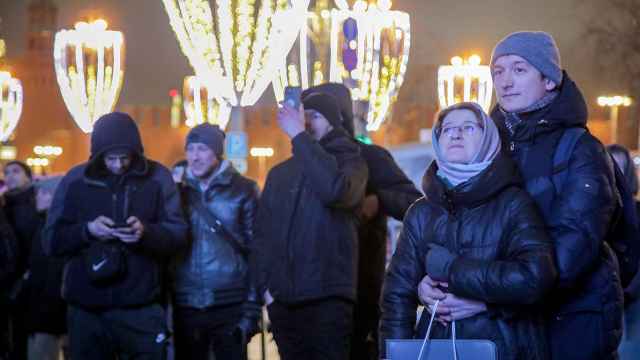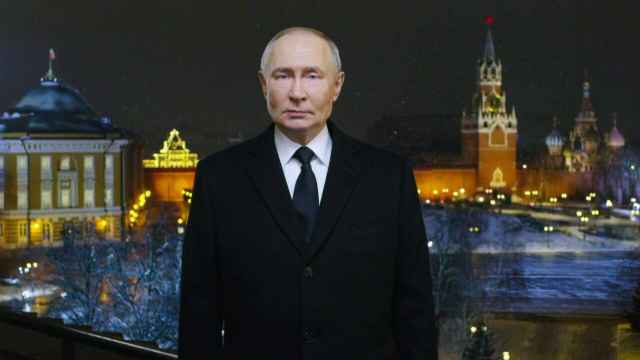After a four-month delay, Foreign Minister Sergei Lavrov and U.S. Secretary of State Hillary Clinton finalized a much-touted U.S.-Russian visa facilitation agreement over the weekend — only to reveal that it would have to be ratified by the State Duma before it can go into effect.
Clinton and Lavrov exchanged the final negotiated text of the bilateral agreement during talks in Bali on Saturday, U.S. Ambassador John Beyrle on his blog.
The agreement stipulates that U.S. visas issued to Russians and Russian visas issued to Americans will automatically be valid for three years and allow multiple entries, thus significantly reducing the cumbersome bureaucracy hitherto faced by travelers.
Beyrle had originally announced the agreement at the St. Petersburg International Economic Forum in June, saying it would be finalized by Lavrov and Clinton in July. That deadline came and went, however, because Russian ministries apparently had failed to agree on the text.
Lavrov at the time that the agreement was held up by "formalities" and promised that it would be in place by the end of December.
No mention had previously been made of Duma ratification, and it was unclear Sunday whether this was a new twist in the negotiations or whether the agreement would also have to be confirmed by the U.S. Congress.
Beyrle merely said he hoped it would not take long.
"We look forward to speedy ratification of the agreement by the State Duma," he wrote.
The Foreign Ministry, however, the agreement would have to be approved by the Federal Assembly — meaning by both houses of parliament, the Duma and the Federation Council.
It was also unclear whether the final version includes another promise made by Beyrle in June, namely that applicants would no longer have to provide written invitations from the host country.
A Message from The Moscow Times:
Dear readers,
We are facing unprecedented challenges. Russia's Prosecutor General's Office has designated The Moscow Times as an "undesirable" organization, criminalizing our work and putting our staff at risk of prosecution. This follows our earlier unjust labeling as a "foreign agent."
These actions are direct attempts to silence independent journalism in Russia. The authorities claim our work "discredits the decisions of the Russian leadership." We see things differently: we strive to provide accurate, unbiased reporting on Russia.
We, the journalists of The Moscow Times, refuse to be silenced. But to continue our work, we need your help.
Your support, no matter how small, makes a world of difference. If you can, please support us monthly starting from just $2. It's quick to set up, and every contribution makes a significant impact.
By supporting The Moscow Times, you're defending open, independent journalism in the face of repression. Thank you for standing with us.
Remind me later.





